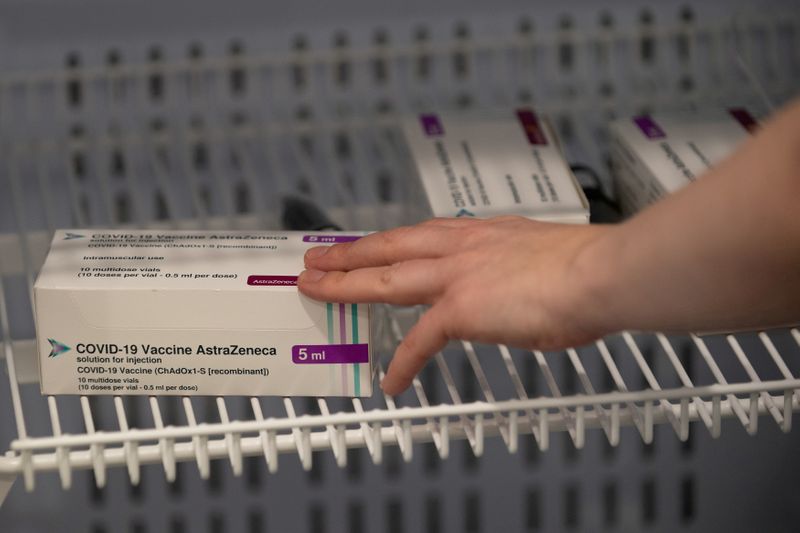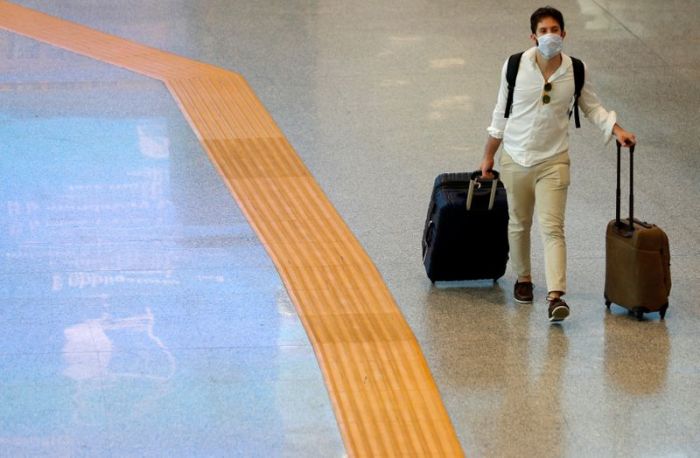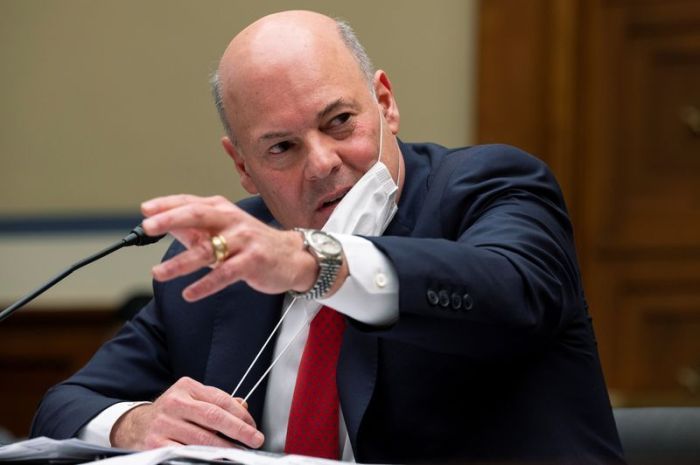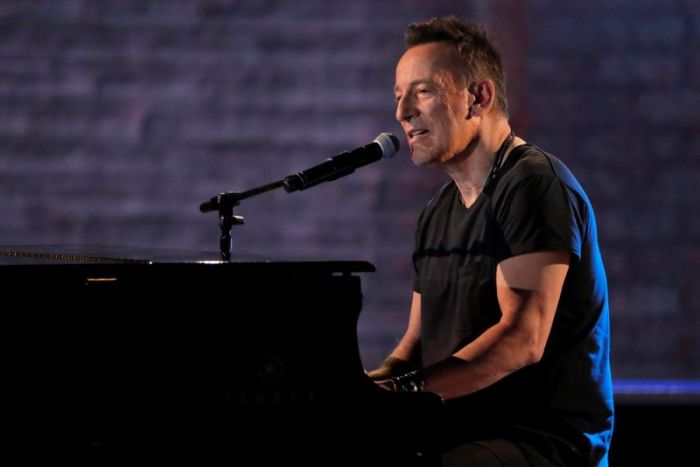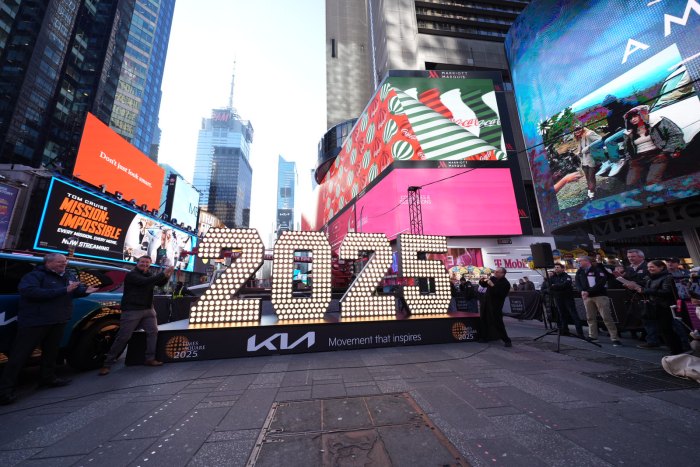MILAN/BRUSSELS (Reuters) – AstraZeneca will deliver 180 million COVID-19 vaccines to Europe in the second quarter, including 20 million to Italy, the head of its Italian unit was quoted as saying on Thursday, but EU officials remained wary about supply.
Reuters reported on Tuesday, citing an EU official directly involved in talks with the Anglo-Swedish drugmaker, that AstraZeneca expected to deliver less than half the COVID-19 vaccines it was contracted to supply the European Union in the second quarter.
Lorenzo Wittum, CEO and chairman of AstraZeneca in Italy, told daily Il Corriere della Sera that Italy would receive more than 5 million shots by the end of March, fewer than the 8 million previously agreed, leading to a total of 25 million doses by June.
The Italian health ministry on February 12 revised its vaccination plan, lowering its expected doses from AstraZeneca in the second quarter to about 10 million from 18 million seen in a provisional plan in January.
In a statement on Tuesday the company said it aimed to deliver 180 million doses to the EU in the second quarter, half from factories outside Europe.
“AstraZeneca is behaving like an unreliable second-hand car salesman. Getting reliable data from this company is still a challenge,” said EU lawmaker Esther de Lange, vice president of the European People’s Party, the largest in the EU Parliament, questioning the firm’s supply network after the announcement of deliveries from outside Europe.
The EU official involved in talks with the company said AstraZeneca had provided no clarity on which global sites would supply the EU and whether export restrictions and regulatory issues could hamper supply.
The official said the announcements needed to be fleshed out with concrete commitments to be deemed credible.
A Commission spokesman said on Thursday that the EU was talking with the company to ensure “timely deliveries of sufficient number of doses.”
Even if AstraZeneca delivered 180 million doses in the second quarter, it would still miss its contractual obligations to deliver 300 million shots by the end of June if it does not ramp up supplies in the first quarter which have been cut to 40 million doses from 90 million, and deliver 30 million doses due from December.
(Reporting by Maria Pia Quaglia in Milan and Francesco Guarascio in Brussels, editing by Agnieszka Flak and Jason Neely)

